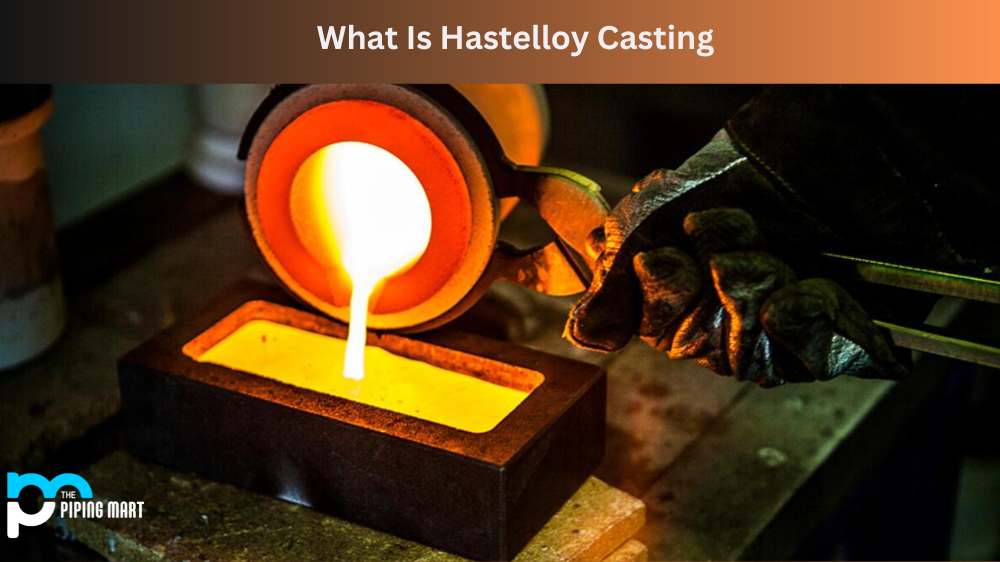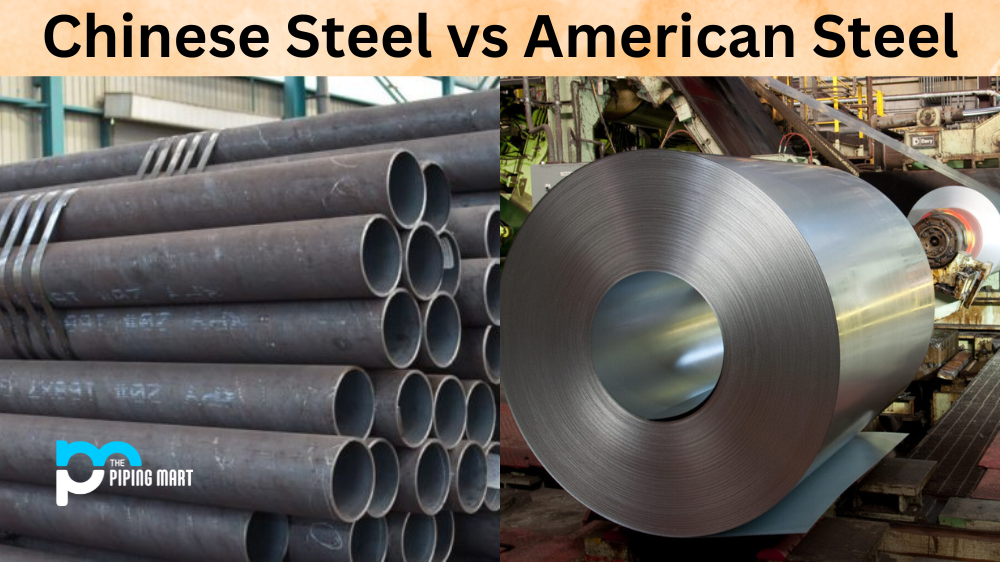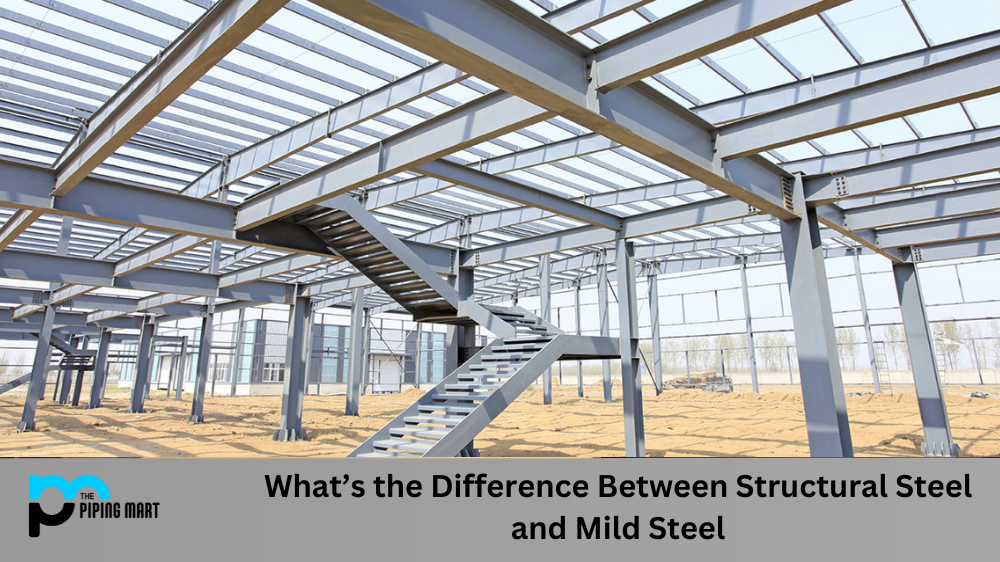If you’re an engineer or an industrial manufacturer, you’ve likely heard of hastelloy casting. This casting type is used to create metal parts with greater strength and corrosion resistance than other materials. This article will discuss hastelloy casting and why it’s so important for manufacturing processes.
What Is Hastelloy?
Hastelloy is a family of superalloys made from nickel, chromium, molybdenum, iron, tungsten, and cobalt. These metals are combined in different proportions to create alloys with other properties such as strength and corrosion resistance. The most common type of hastelloy alloy is Hastelloy C-276 which has excellent corrosion resistance in both oxidizing and reducing environments. It’s also highly resistant to pitting and crevice corrosion due to its high chromium content.
How Does Hastelloy Casting Work?
Hastelloy casting involves the use of a mold or die that is filled with liquid metal under pressure. Once the alloy cools down and sets, it forms the desired shape or part according to the specifications of the mold design. The parts produced through hastelloy casting can be used for various applications, including valves, pumps, bearings, gears, and other parts that require superior strength and corrosion resistance.
Why Is Hastelloy Casting Important?
Hastelloy casting is essential because it allows engineers to produce metal components with greater strength and durability than those made from other materials, such as aluminum or steel. This makes them ideal for use in harsh environments where they must withstand extreme temperatures or corrosive liquids without sustaining damage or becoming degraded over time. They also provide superior performance compared to other alloys regarding heat transfer capabilities due to their higher melting point than traditional materials like aluminum or steel alloys.
Conclusion:
Hastelloy casting is an essential process for engineers and industrial manufacturers who need to create components with superior strength and corrosion resistance properties compared to traditional materials like aluminum or steel alloys. By using this process instead of traditional methods like forging or machining, manufacturers can produce more durable components that will last longer in harsh environments without sustaining damage over time. For these reasons, Hastelloy casting continues to be a popular choice among engineers who need strong yet reliable parts for their projects.

Pipingmart is B2B portal specializes in industrial, metal and piping products. Also, share latest information and news related to products, materials and different types grades to help business dealing in this industry.




